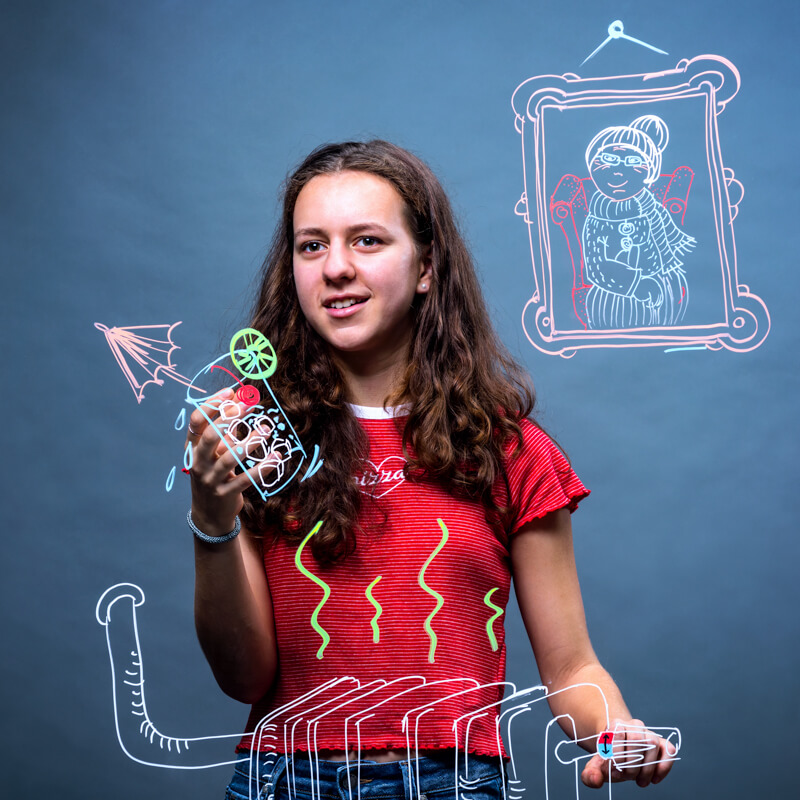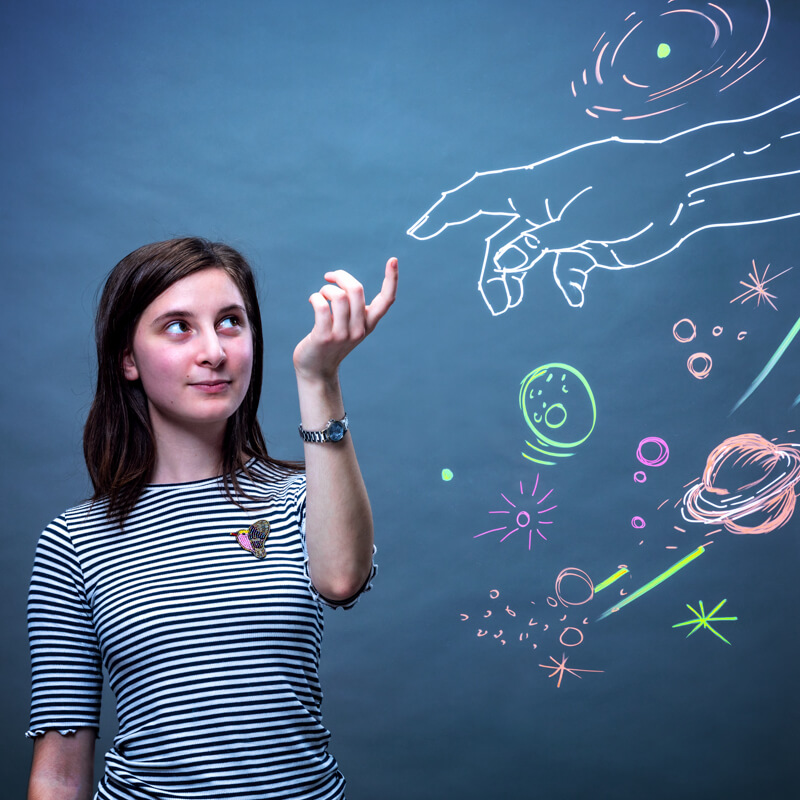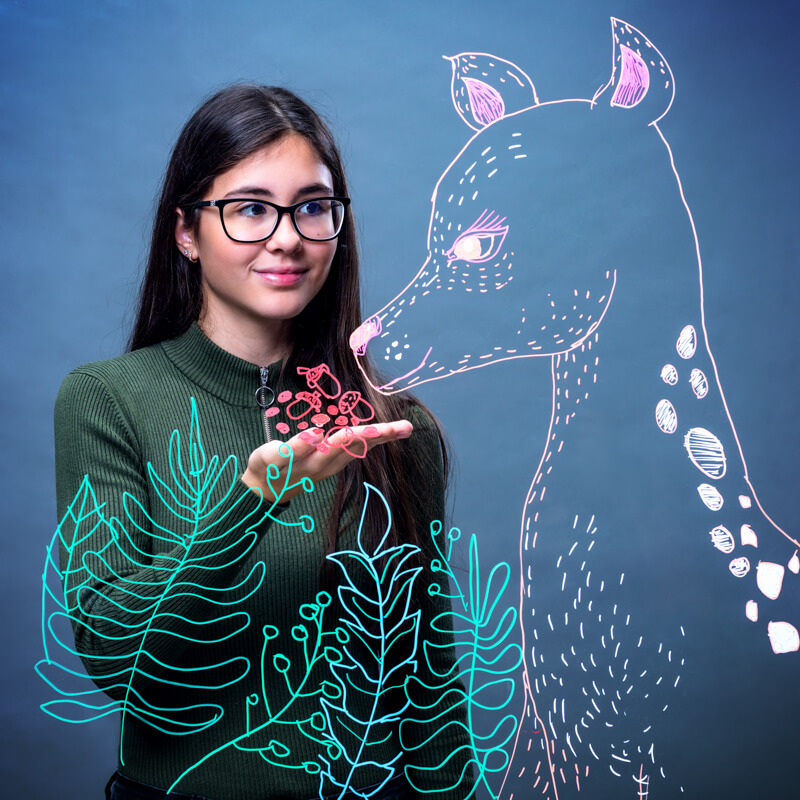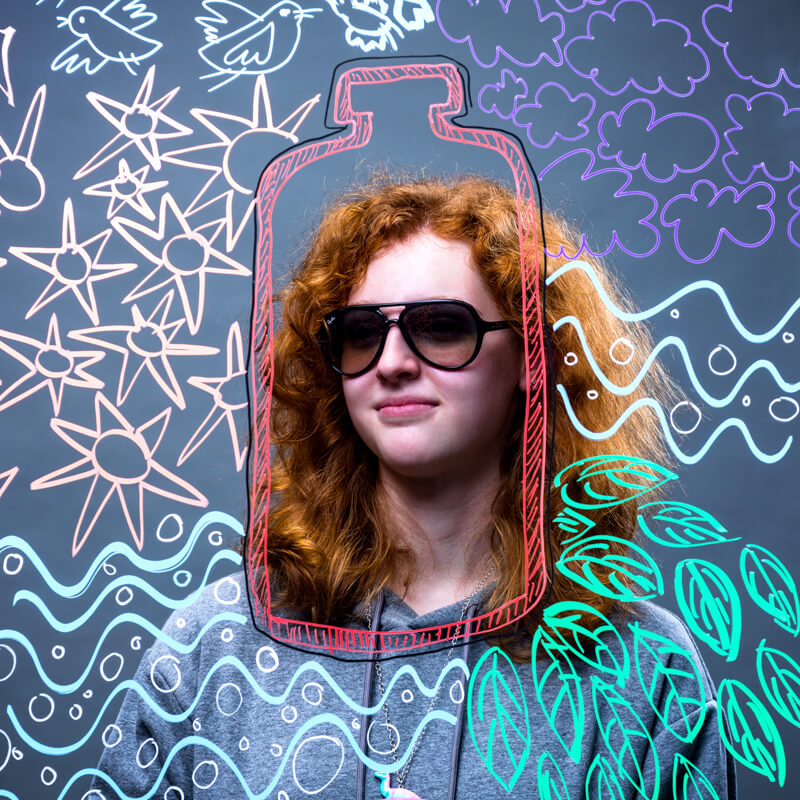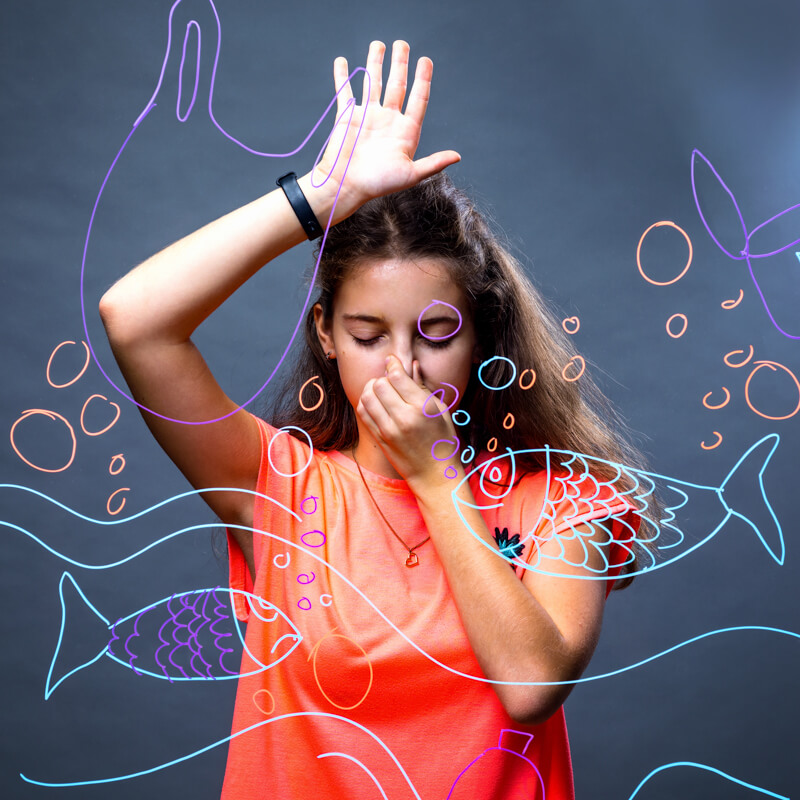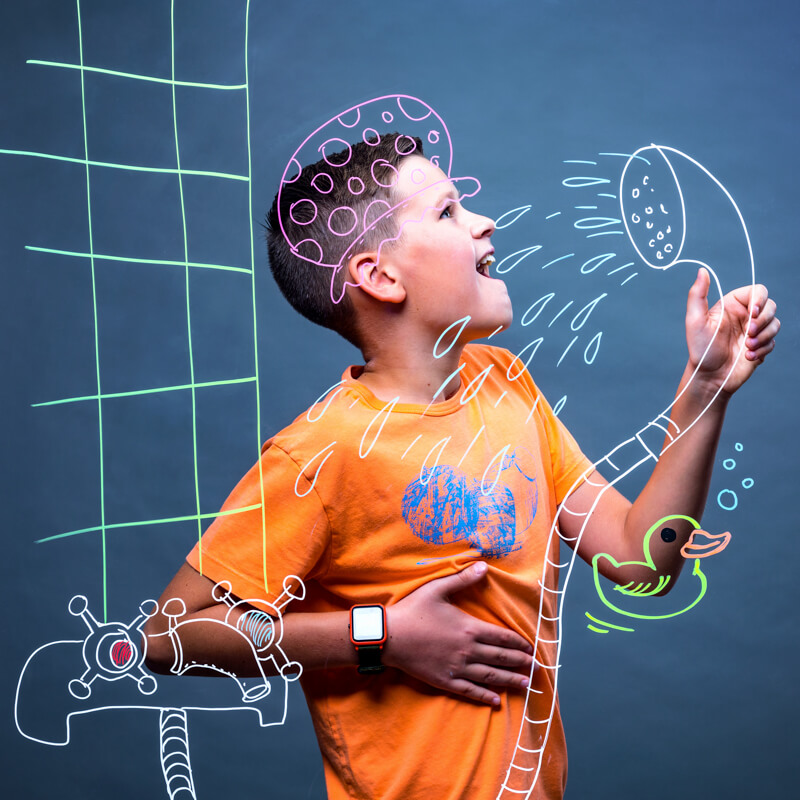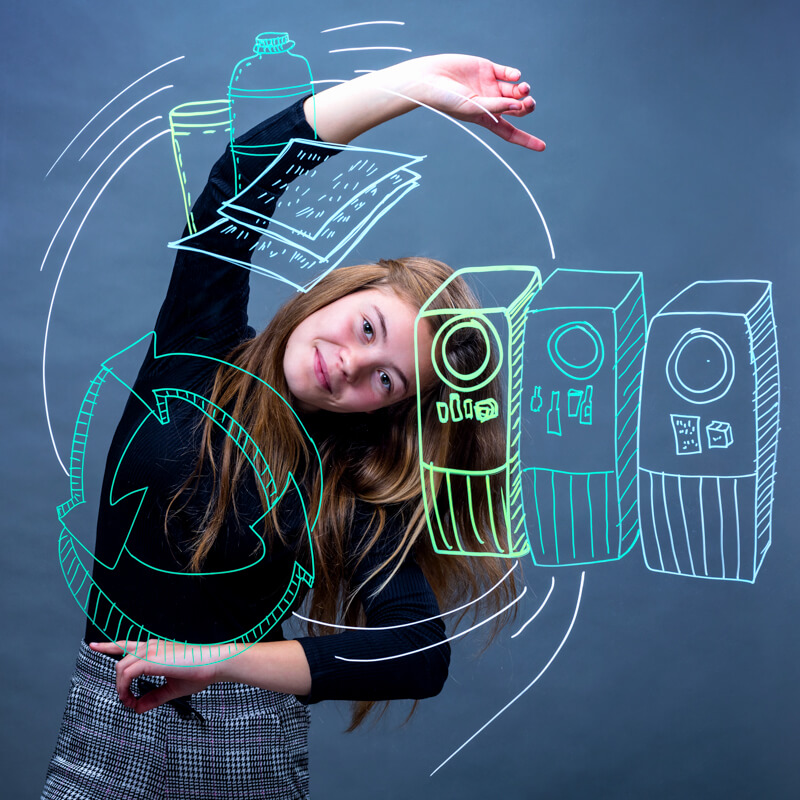Csenge (18) entries
„The Earth should not be disposable, but repairable, savable and livable.”
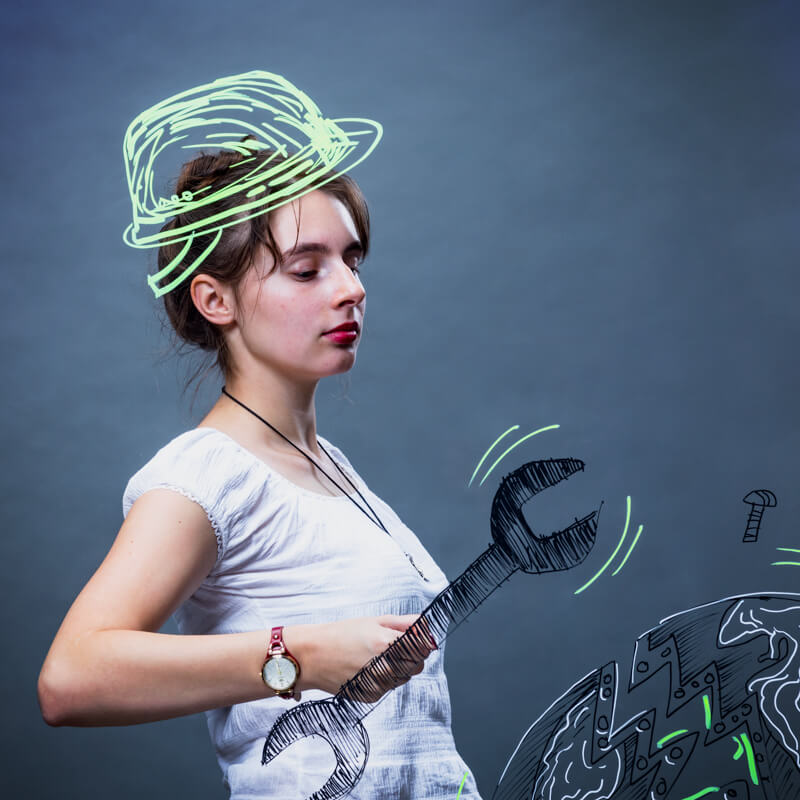
If you don’t know what to do with your life, start thinking about the waste industry. Sounds shocking, right? But it will probably be one of the most important and highest paid professions in the future. Before we drown in our own waste. Although it may be too late. Just look around…
Nowadays, everything is disposable. When we step out into the street we trample on cigarette filters. In front of the gates, the families’ weekly garbage is waiting to be taken away in large trash cans and bags: over 240 liters. The wind is spinning the new tumbleweeds: nylon bags. Stray dogs carry chocolate paper in their mouths. Broken glass shards in the ditch reflect the light of the disappointed sun. On the bus, you sit among scattered paper hankies and see chips bags squeezed between the seats. When you arrive in the city, you see sealed selective waste collectors, but on Wednesday, they are dumped with the other rubbish. Because of the exhaust of crowded cars, you walk down the street with a scarf wrapped around your mouth. In the school, in the bench, squeezed water bottles lie, and you see scraps of torn paper beside the trash can and several pounds of glued-up chewing gum.
When you return home, a nasty smell will strike your nose. You can see from far away the black smoke rising from your neighbor’s garden. Again, plastic buckets are burned with the leaf-litter. As you begin your walk down the gardens after lunch, you cross a creek full of metal parts. You find another pile among the trees: furniture, hazardous waste, batteries, old TVs. Their presence does not even attract attention anymore. It doesn’t disturb you, you’ve become insensitive towards rubbish, like pigs towards their own filth, although your small Hungarian village cannot even be called the pearl of consumer society. An average person, during his or her average life, doesn’t even think about what he or she does when he/she buys products that are promoted by advertisements and then discards them.
This is a tiny fraction of the 2.1 billion tons of waste produced annually by Earth’s population. And as you hear more and more on TV about garbage islands wallowing in the ocean, climate change, air pollution, forest burning and melting ice while you are lying on your couch, you may be wondering what you should do. From what should you throw away less? Then you realize that practically everything you throw away must be thrown away. This is normal. Throwing away your functioning phone for a new one, throwing away your old clothes for a more fashionable one, and replacing your scratched car with a nicer one. Everything is disposable. You can also replace your best friend because you haven’t been talking a lot lately anyway, you can throw your partner away because you’ve realized that you’re different in too many ways, and there will be another one anyway. That is how everyone thinks. The Earth will also be disposable. Once it has been exploited, destroyed, depleted, more money has to be invested in space exploration, the search for a new Earth, while leaving the old one behind.
But there is still no other Earth, and time is running out. One day, you might find your body stunned from a heat stroke swimming in the rising, polluted seawater, and letting it take you away like animal carcasses. Perhaps you will realize why your grandparents had a better life. They had no waste, no pollution. There was no plastic. The glass was re-melted, the pots were patched, the clothes were sewn, and relationship problems were discussed. Their mentality was different. They repaired what was wrong and also appreciated nature.
As long as the economic interests do not wish otherwise, as long as the captains make money also on the sinking ship, that ship is doomed. But if people had first-hand experience of the trouble… if the school wouldn’t be cleaned for a week, if they would teach the new generation a sense of responsibility and present them the possible future with shocking images, it could possibly wake them up. New generations must be given the knowledge and the chance so that people, the life, the world and the Earth will not be disposed of, but repaired, saved and made livable. It’s still up to us, it’s up to you. It is not over.


